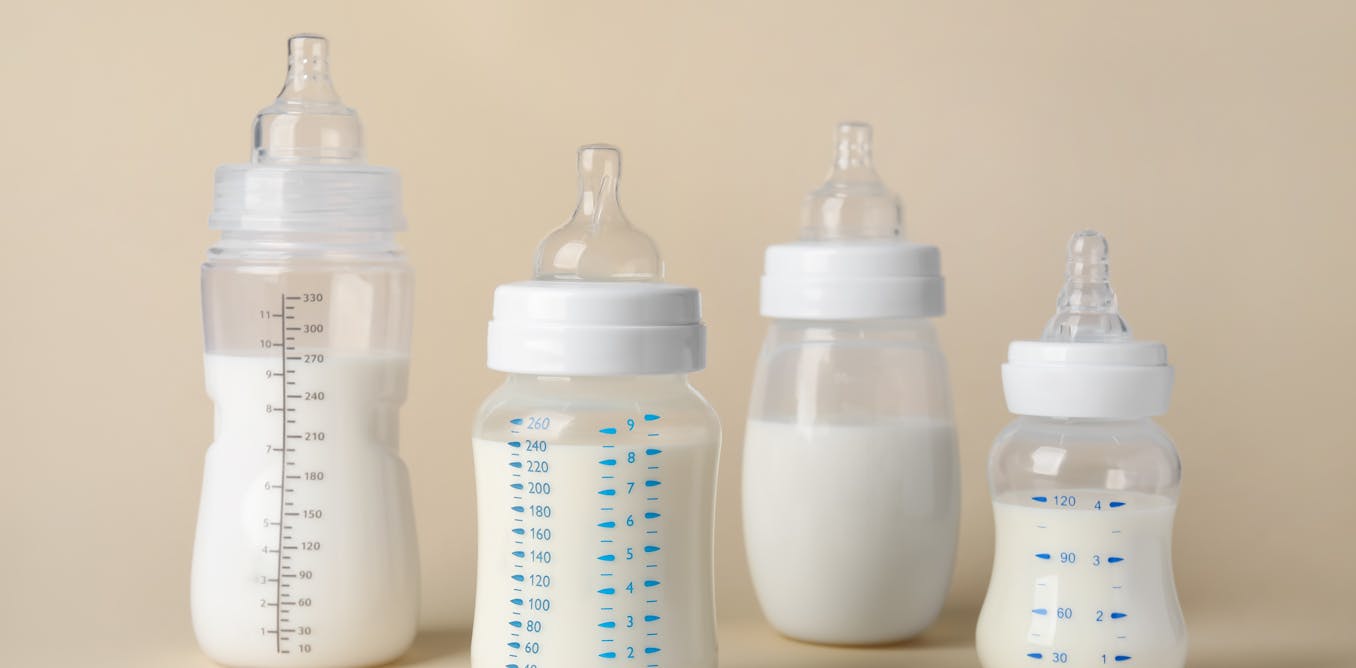Social media, not gaming, tied to rising attention problems in teens, new study finds
The digital revolution has become a vast, unplanned experiment – and children are its most exposed participants. As ADHD diagnoses rise around the world, a key question has emerged: could the growing use of digital devices be playing a role? To explore this, we studied more than 8,000 children, from when they were around ten […]
Continue Reading








